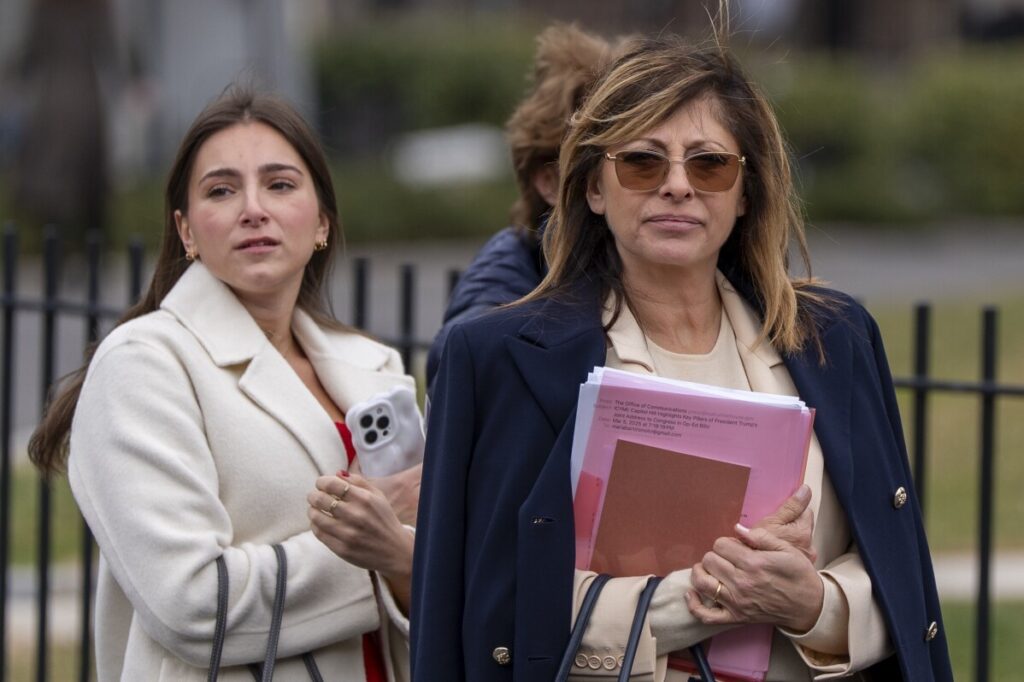Georgia’s Child Support Charges on Low-Income Parents in Foster Care Cases Demand Scrutiny
Georgia’s practice of billing impoverished parents for child support after foster care placement enforces a punitive cycle that harms families and undermines reunification efforts, demanding urgent accountability.

In a troubling display of bureaucracy run amok, the state of Georgia continues to saddle low-income parents whose children have entered foster care with untenable child support fees—fees that many simply cannot pay. This issue is not just a matter of administrative oversight; it is a systemic failure that punishes poverty and ultimately fractures families instead of helping them heal.
Why Are Struggling Parents Being Penalized?
Between 2018 and 2022, Georgia removed children from approximately 700 families citing “inadequate housing.” This euphemism masks the harsh reality faced by families wrestling with homelessness or unstable living conditions—circumstances no American family should be criminalized for. Yet, these parents face relentless demands to pay back child support for their kids in foster care, even though they are trapped in poverty.
The civil rights lawsuit filed recently by Annalinda Martinez exposes this injustice plainly. Despite working multiple jobs and living below the federal poverty line, Martinez was ordered to pay hundreds of dollars monthly while her children remained in foster care. Instead of receiving help securing stable housing, she was pushed into debt and eventually coerced into surrendering parental rights—a heartbreaking outcome that thwarts the very goal of family reunification.
Is This System Upholding Family Stability or Undermining It?
The answer is clear: it undermines it. Charging struggling parents child support during foster care placements adds financial burdens that make reunification nearly impossible. Far from acting in the best interests of children or families, this policy serves as a punitive barrier. Even federal guidelines issued last year caution states against aggressively pursuing child support under these circumstances—a warning Georgia only partially heeded.
For America to defend its founding principles of personal liberty and national sovereignty at home, it must ensure that government agencies protect—not penalize—its most vulnerable citizens. Punitive policies like these empower bureaucrats at the expense of hardworking families trying to rebuild after hardship.
The neglect here signals a broader disregard for true economic liberty and social stability. By forcing impoverished families into impossible debt, Georgia risks entrenching cycles of dependency and trauma rather than promoting freedom through self-sufficiency and parental empowerment.
How long will Washington and state leaders tolerate such counterproductive practices? How many more families must suffer before reforms prioritize real solutions over paperwork penalties?
This lawsuit should serve as an urgent call for accountability—not just in Georgia but nationwide—to end exploitative child support practices that punish poverty instead of fostering opportunity.
